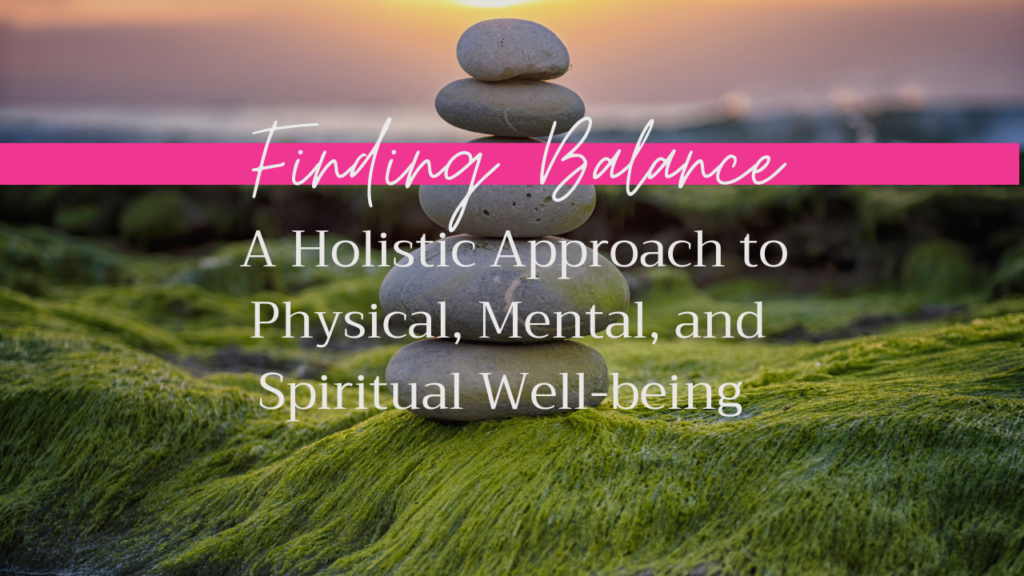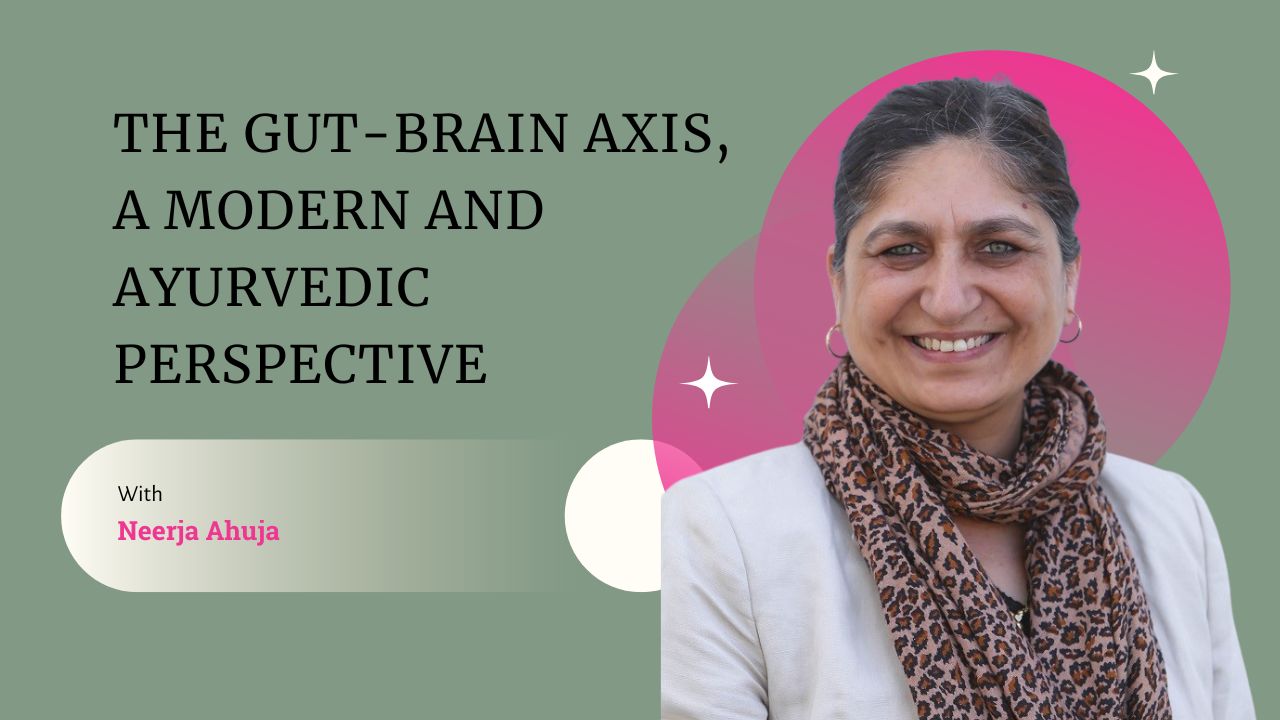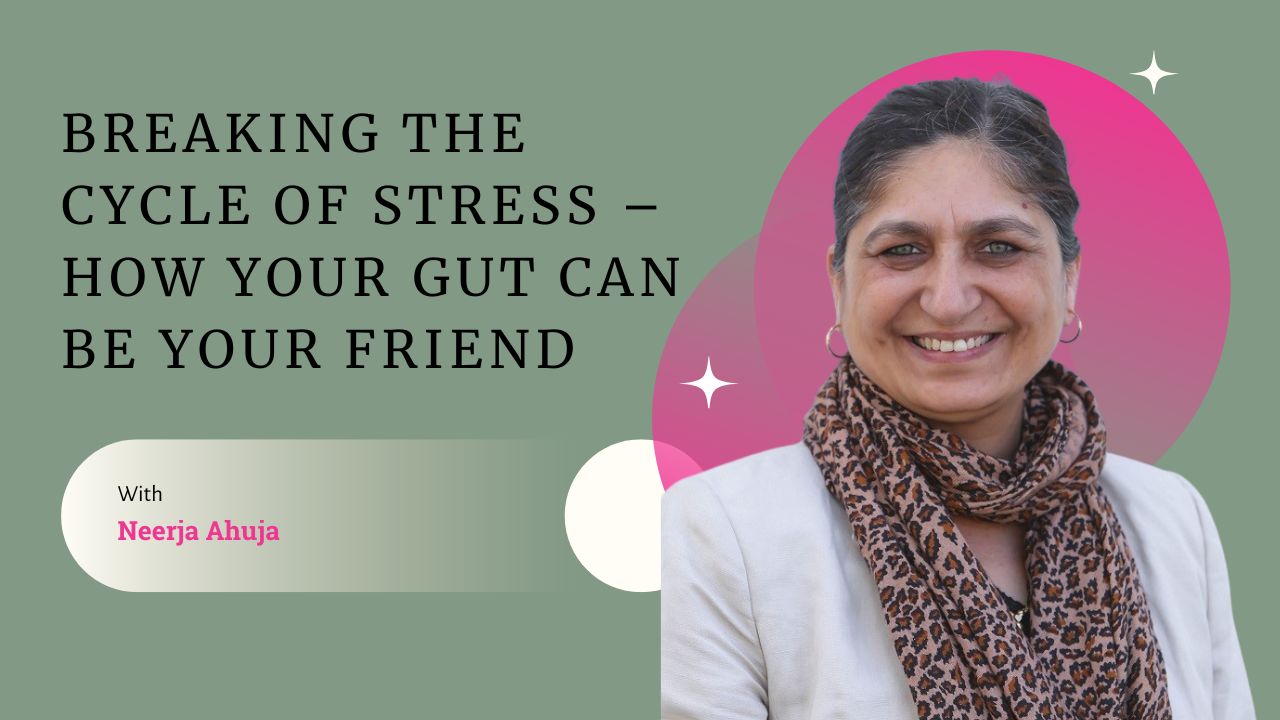
True wellness goes beyond just physical health; it includes mental clarity and Spiritual growth as well.
This comprehensive approach, often called holistic health, recognises the interconnectedness of body, mind, and spirit.
In Sanskrit, the language of Ayurveda, the word for health is “Swasthya” which has a profound meaning. It is made of two root Sanskrit words – “Swa” or the Self and “Stha” meaning rooted or centred. So Swasthya can be roughly translated as “Rooted or Centred in one’s own Self”.
This meaning of health is the foundation of a very comprehensive model of health. In this blog, we will explore the principles of holistic health and offer practical tips for integrating physical, mental, and spiritual well-being into your daily routine, emphasising the value of values in anchoring the mind and enhancing overall wellness.
The Foundations of Holistic Health
Holistic health is rooted in the belief that our well-being is an interplay of physical, mental, and Spiritual factors
Holistic health, is a comprehensive approach to well-being, recognises the interconnectedness of our physical, mental, and spiritual dimensions. It emphasises the belief that true health encompasses not only the absence of disease but also a profound sense of vitality, purpose, and fulfilment.
To achieve optimal health, it is crucial to nurture each component. Here’s a closer look at how you can approach each aspect:
Physical Health – The Foundation of Wellness
Physical health is often the most visible aspect of wellness. It involves maintaining a healthy body through proper nutrition, regular exercise, adequate sleep, and preventative care.
- Nutrition: A balanced diet is crucial for physical health. Focus on consuming a variety of whole foods, including fruits, vegetables, lean proteins, and whole grains. Avoid processed foods, excessive sugar, and unhealthy fats.
- Exercise: Regular physical activity helps maintain a healthy weight, improves cardiovascular health, strengthens muscles and bones, and boosts mood. Incorporate strength training exercises, aerobic exercise, yoga are different kinds of exercise that can be used, though yoga is much more than physical exercise.
- Sleep: Quality sleep is essential for physical and mental health. Adults can aim for 6-9 hours of sleep per night, according to your body type and need. Establish a regular sleep schedule, create a restful environment, and practise good sleep hygiene by avoiding screens before bedtime and limiting caffeine intake.
- Preventative Care: Appropriate diet and lifestyle, good stress management, regular check-ups with healthcare professionals, vaccinations, and screenings are fundamental for early detection and prevention of illnesses. Listen to your body and get medical advice when necessary.
Mental Health – The Key to Clarity and Emotional Balance
Mental health is a critical component of holistic well-being. It involves maintaining cognitive function, managing emotions, and cultivating resilience. Our internal values play a crucial role in anchoring the mind and promoting mental health. The two main guiding principles of Ayurveda are
1) the mind and the body are intimately connected, and
2) nothing has more power to heal and transform the body than the mind.
So we give a lot of attention to maintain good mental health. Some of the commonly known ways are:
- Mindfulness and Meditation Practising mindfulness and meditation can help reduce stress, enhance focus, and improve emotional regulation. These practices align with the value of peace, promoting a calm and centred mind.
- Stress Management Chronic stress can have serious consequences on your health. Identify stressors in your life and develop healthy coping mechanisms, such as exercise, meditation, pranayama, or engaging in hobbies.
- Emotional Intelligence Cultivating emotional intelligence involves recognising, understanding, and managing your own emotions, as well as empathising with others.
- Social Connections Building and maintaining strong relationships with family, friends, and community can provide emotional support, reduce feelings of loneliness, and improve overall mental health.
Spiritual Health – The Path to Inner Peace and Purpose
Spiritual health involves finding meaning and purpose in life, which can provide a sense of peace and connection to something greater than oneself. Internal Values are foundational to Spiritual growth and inner peace. Ayurveda describes in elaborate detail the development and effect of mental and emotional “toxins” and their impact on the mind, behaviour, choices and eventual disease.
The entire field of what is today known as psycho-neuroimmune-endocrinology or mind/body medicine is captured in a concept called the Antahkarana or inner instrument.
Understanding the thinking mind, handling memories, the intellect and ego and then having clear strategies for mental and emotional “detoxification” are required.
Some simple starting ways for Spiritual health are
- Self-Reflection Take time to reflect on your values, beliefs, and purpose. Journaling can be a helpful tool for exploring your thoughts and feelings.
- Mindful Living Incorporate mindfulness into your daily activities. Whether it’s eating, walking, or working, being fully present in the moment can deepen your connection to the world around you and enhance your spiritual well-being.
- Acts of Kindness Engaging in acts of kindness and service to others can bring a sense of purpose and connection.
- Spiritual Practices Engage in spiritual practices that resonate with you, whether it’s prayer, meditation, self-reflection or reading spiritual texts.
The Benefits of Holistic Health
Embracing a holistic approach to wellness can lead to numerous benefits, including:
- Improved Physical Health: A balanced diet, regular exercise, and preventative care can reduce the risk of chronic diseases, enhance energy levels, and improve overall physical well-being.
- Enhanced Mental Clarity Practices like mindfulness, stress management, and mental stimulation can improve cognitive function, emotional regulation, and resilience.
- Greater Emotional Well-Being Strong social connections, emotional intelligence, and healthy coping mechanisms can lead to improved mood, reduced anxiety, and better relationships.
- Spiritual Fulfilment Finding meaning and purpose in life, connecting with nature, and engaging in spiritual practices can provide a sense of inner peace and fulfilment.
- Holistic Harmony Integrating physical, mental, and spiritual health creates a harmonious balance that supports overall well-being and allows you to thrive in all areas of life.
Ayurvedic Tools and Tips for Holistic Health
Integrating Ayurvedic practices can significantly enhance your journey towards holistic health by addressing physical, mental, and Spiritual well-being. Panchakarma and Purvakarma (PKs) are like spring cleaning of body and mind and has been prescribed by Ayurveda to be done regularly at change of season. Here are some Ayurvedic tips and tools to complement your holistic health routine:
Physical Health
- Dinacharya (Daily Routine): Establishing a daily routine aligned with natural rhythms helps maintain balance in the body. This includes things like morning routines, abhyanga (Self-Massage), and exercise and daily physical activity suitable for your body type (dosha).
- Balanced Diet: Ayurveda emphasises eating according to your dosha (Vata, Pitta, Kapha) and the seasons. Some general tips include eating fresh and seasonal foods and eating at regular meal times according to appetite to maintain digestive health.
- Herbal Remedies, e.g. brahmi, ashwagandha, triphala and spices like ginger and turmeric to support overall health.
Mental Health
- Practise daily meditation to calm the mind and enhance mental clarity. Techniques such as focusing on the breath, bhramari or nadi shodhana pranayama, chanting mantras, yoga nidra or guided meditations can be beneficial.
- Sipping special herbal teas like Tulasi tea or chamomile tea can have a calming effect on the mind.
- Eating sattvic foods will support bringing peace and equanimity. Including “foods” from senses e.g. listening to sattvic music, nature walks etc also support with maintaining good mental health.
Spiritual Health
Yoga, mantra chanting, self-reflection, prayers, and an attitude of gratitude are some ways to harmonise the body, mind, and spirit.
Evening Reflection Reflect on the day’s events, acknowledging lessons learned and expressing gratitude for positive experiences.
Integrating Ayurvedic Tools into Daily Life
Customising Your Routine
Personalise your Ayurvedic practices based on your unique constitution (dosha) and lifestyle. Consult with an Ayurvedic practitioner to tailor a regimen that best suits your needs.
Consistency is Key
Regularity in Ayurvedic practices is crucial for achieving and maintaining balance. Make these practices a part of your daily routine.
Listen to Your Body
Ayurveda teaches us to tune into our bodies and respond to its signals. Pay attention to how you feel physically, mentally, and spiritually, and adjust your practices accordingly.
Educate Yourself
Read Ayurvedic texts, attend workshops, and engage with the Ayurvedic community to deepen your understanding and application of these principles.
Conclusion
Incorporating Ayurvedic tools and tips into your holistic health routine can provide profound benefits, addressing the interconnected aspects of physical, mental, and spiritual well-being. By embracing these ancient practices and values, you can anchor your mind, enhance wellness, and achieve a balanced, fulfilling life.
Start small, stay consistent, and enjoy the journey toward holistic health with Ayurveda as your guide.



